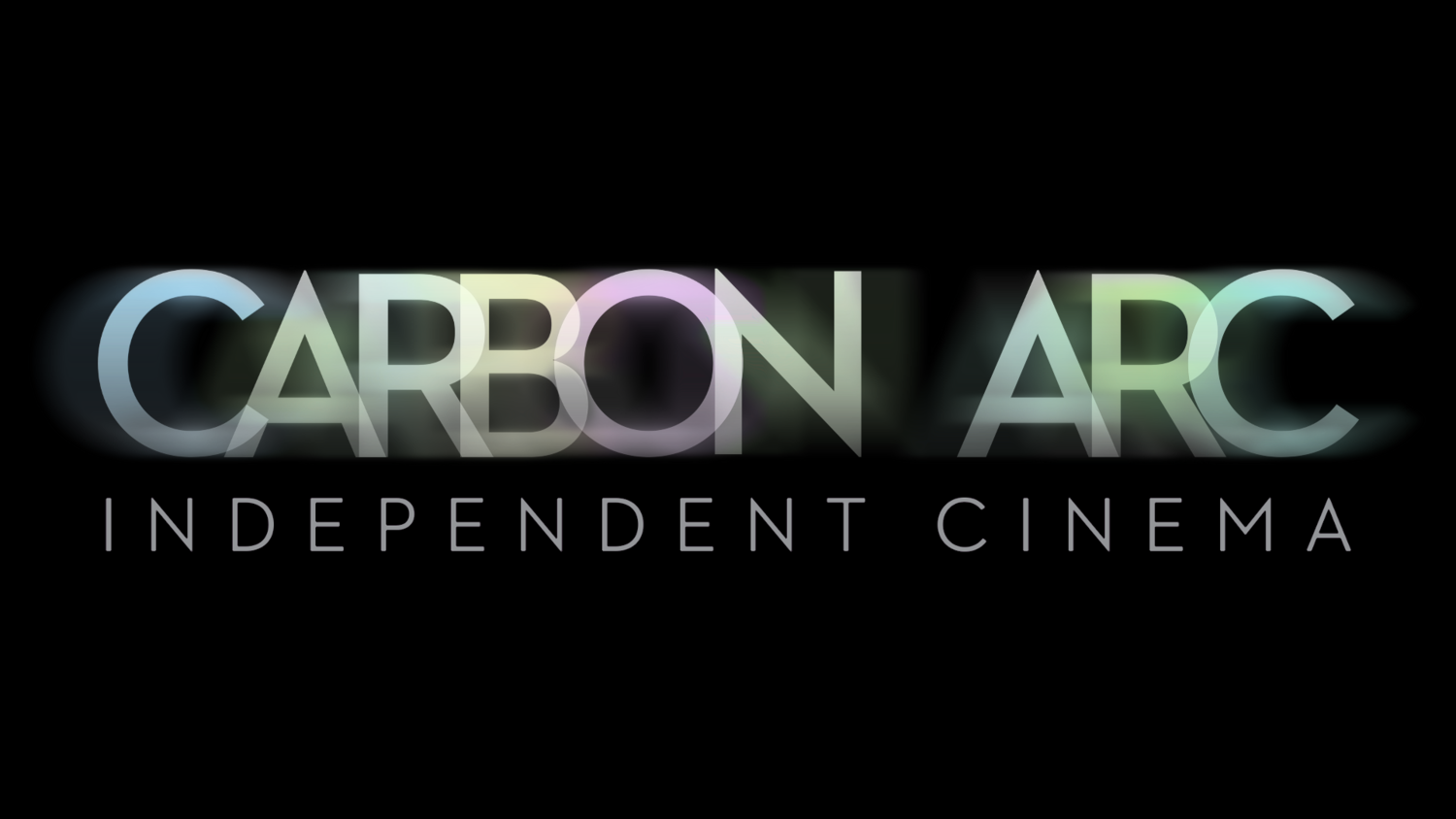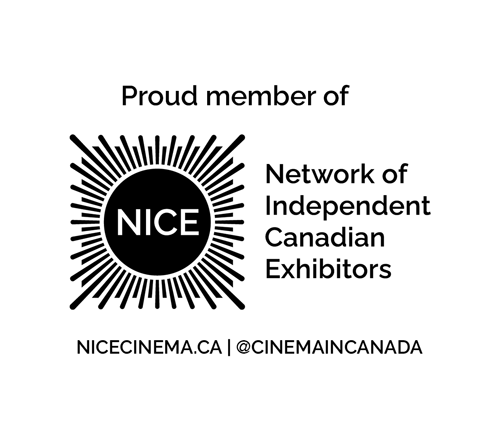It's a tale of sound and fury, but it's not told by an idiot, and it doesn't signify nothing. The story is divided into three parts, each introduced with a musical quotation. The first is from R&B legend Marvin Gaye, the second from hip-hop group Main Source, the third from Afrobeat pioneer Fela Kuti. The film opens with real-life footage of Black Lives Matter protests of racially motivated police brutality and killing, set to a roaring blues soundtrack that will send a shiver up your spine. Then, we enter the specific world of our protagonist, a similar protest in Nova Scotia. This isn't about the protester, though. It's about the protested. Well, it's more complicated than that.
Ronnie Rowe stares down protesters as the titular black cop.
Perhaps another of the film's rap references will help; KRS-One's righteous "Black cop, black cop, looking for your people when you walking down the block," from his song which shares the film's title. Cory Bowles' debut feature, expanded from his short film of the same name, focuses on the strange position occupied by its titular black cop (the character is never given any other name). The original short had a simple premise: we watch through the body cam of a black cop gone rogue, giving middle-to-upper-class white people the treatment people of colour are usually subjected to, while a radio host discusses the recent killing of a young black man. It's an interesting project, but it's difficult to form a deep take on such a complex subject in only eleven minutes. Bowles uses the expanded run-time in the Black Cop feature for the exact purpose of complicating things. The honest snapshot of a moment of racial tension and violence as narrated by a radio host may call to mind memories of Spike Lee's masterpiece Do the Right Thing.
Like I wrote earlier, the film is full of sound and fury. It's a maximalist work, with Bowles pulling out all the stops,. Among them: narration, fourth-wall breaking monologues, documentary-style interviews, a conversation between the protagonist and his doubled self. The black cop, played by Ronnie Rowe, gives us a running log of his thoughts, explaining, rationalizing, justifying his position on the force responsible for oppressing his race. Rowe's task in the role is no easy one, shifting between somber and satirical moments at the drop of a hat, balancing a calm cop with an outraged black man. Initially confident in his job and ideology, we watch as a series of events causes them to crumble. Eventually, we reach the premise of the original short. This time we get a montage of the misadventures cross-cut with the black cop dancing to a jazzy tune in an empty space. How are we to read this? An ironic Uncle Tom, referencing the shucking and jiving in the racist minstrel shows of the early 19th century? Is he the dancing devil of 1930's Hellbound Train, giving in to temptation and abusing his power? Or is he something else, not a reference to historical racial representation, but simply a man joyfully embracing his sadistic liberation?
Bowles doesn't give easy answers to questions like these, preferring to leave the discomfort and complexity of the material open. In a sense, it wears its politics on its sleeve, taking aim at more subjects than one can fit in a short review, but amidst all of the monologues it somehow avoids falling into simplistic didacticism. He's aware of characters' faults, but not judgmentally high-minded enough to distance the viewer from the material. One of the white police officers in the station recites racist cliches about Muslims, claiming not to believe it, but just that he needs to entertain all sides of the debate. He's just the devil's advocate! That kind of bullshit racist rationalization isn't Bowles' game here. His approach is a more sincere humanism, an impressive willingness to grapple with the black cop's thorny position with an open mind. It manages to succeed as a morality play and a character study. Like any great work, different viewers will have their own takes. As the black cop in the film declares "My black is not your black." It is refreshing to have a film which confronts race as a non-monolithic issue head-on, especially when you are sitting in a theatre of mostly white audience members.
Another significant choice is Bowles' decision to set the film in Nova Scotia. After a black person is killed by police in the United States, or any kind of racially motivated brutality, you hear the same responses. "Wow, America is so racist." "Thank God, I live in Canada." Black Cop doesn't let us off the hook. Is the political climate different? Sure. But racism exists in Canada, and specifically Nova Scotia, too. We need filmmakers like Bowles to put it on the big screen so we can't sweep it under the rug.





